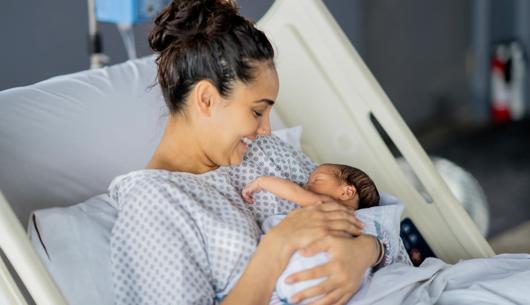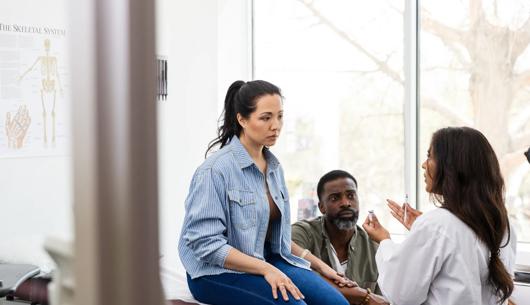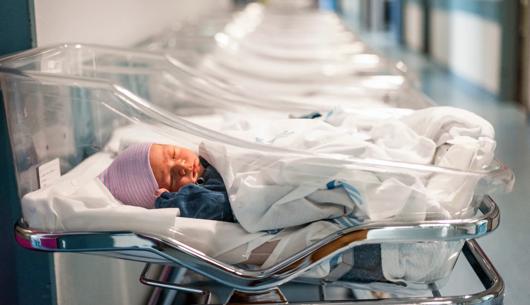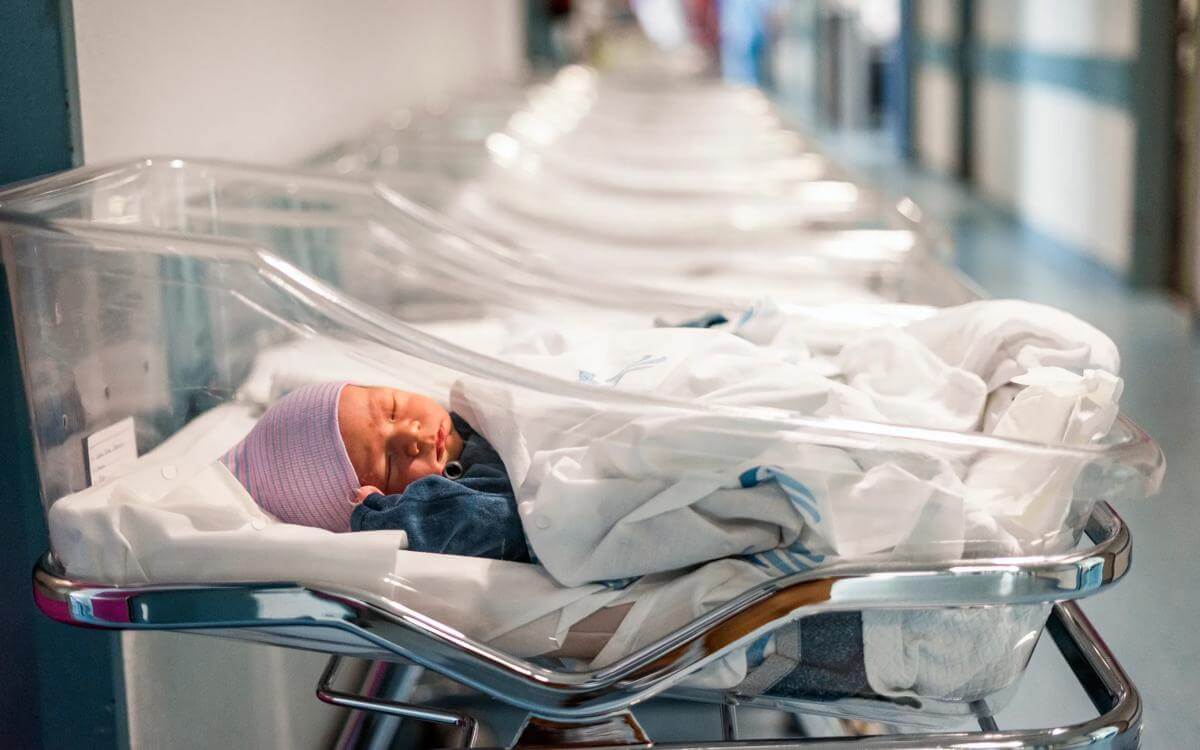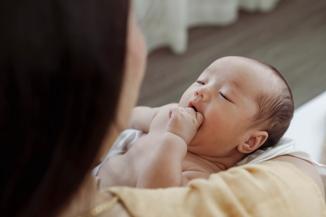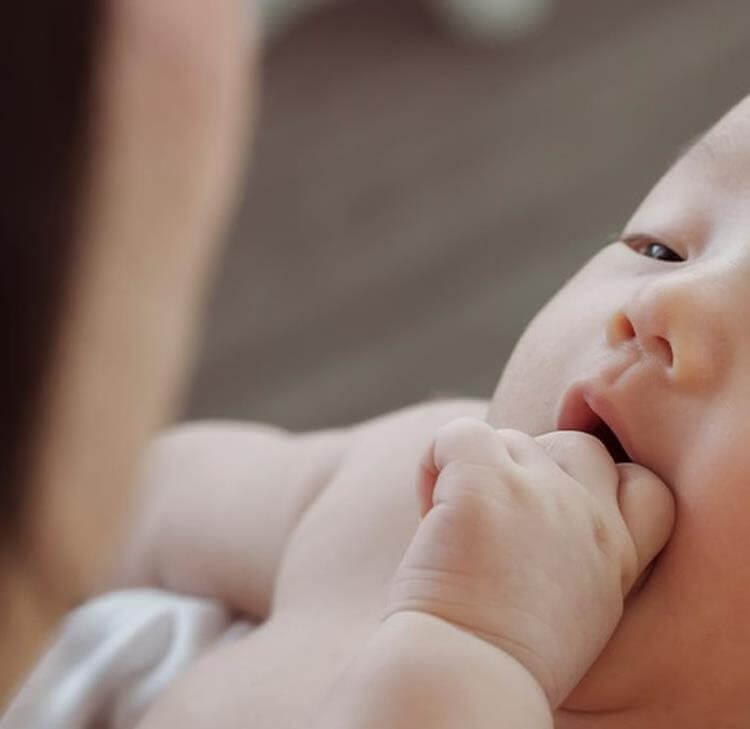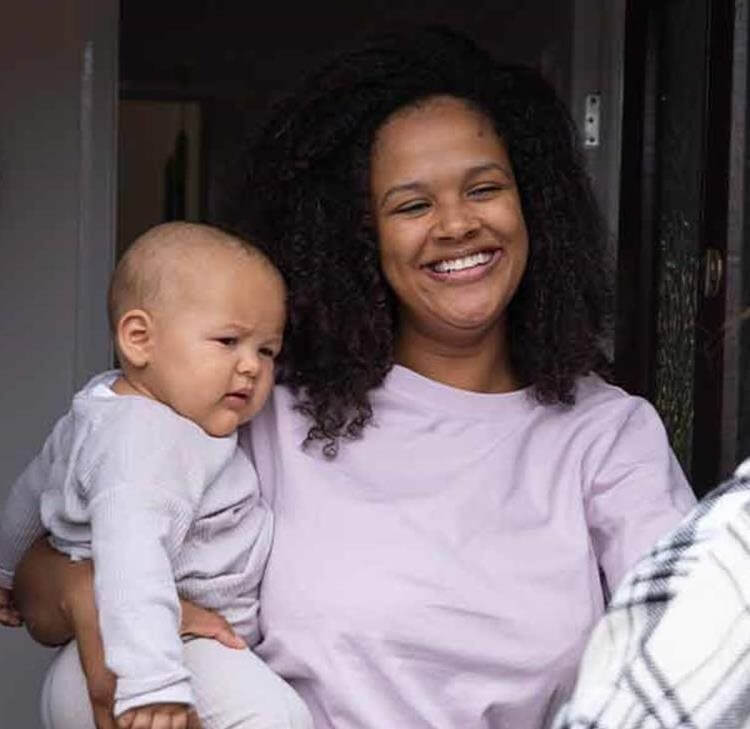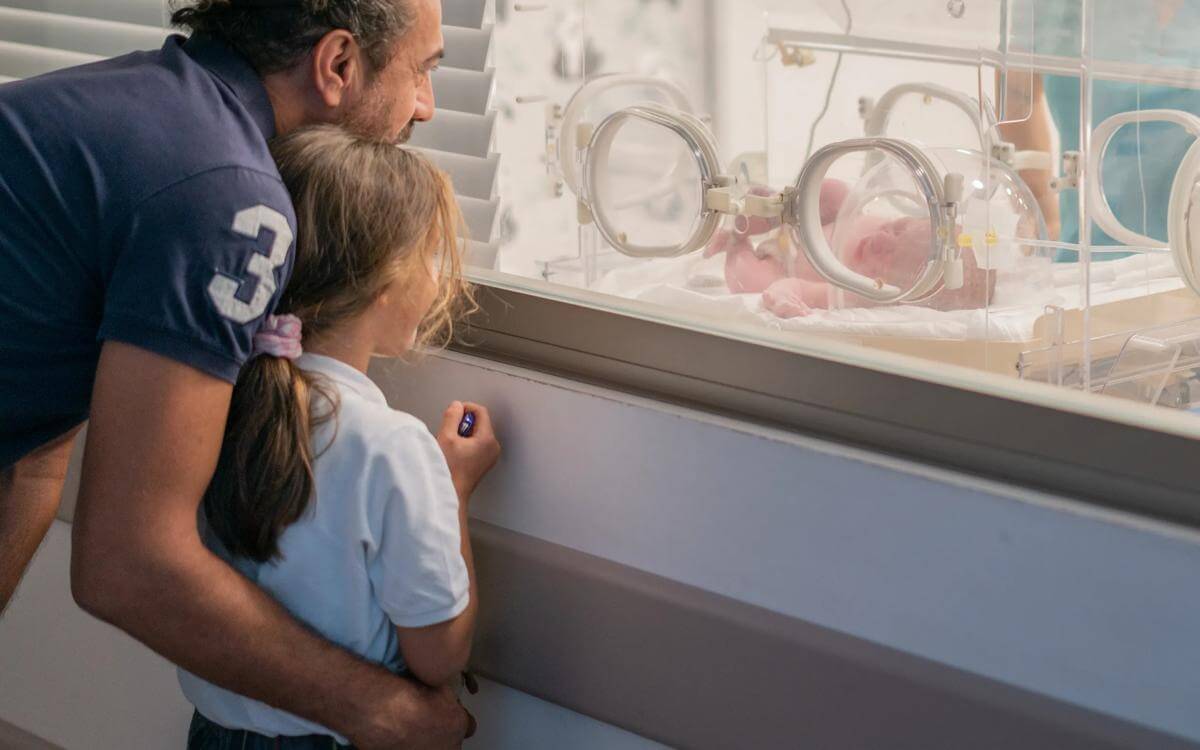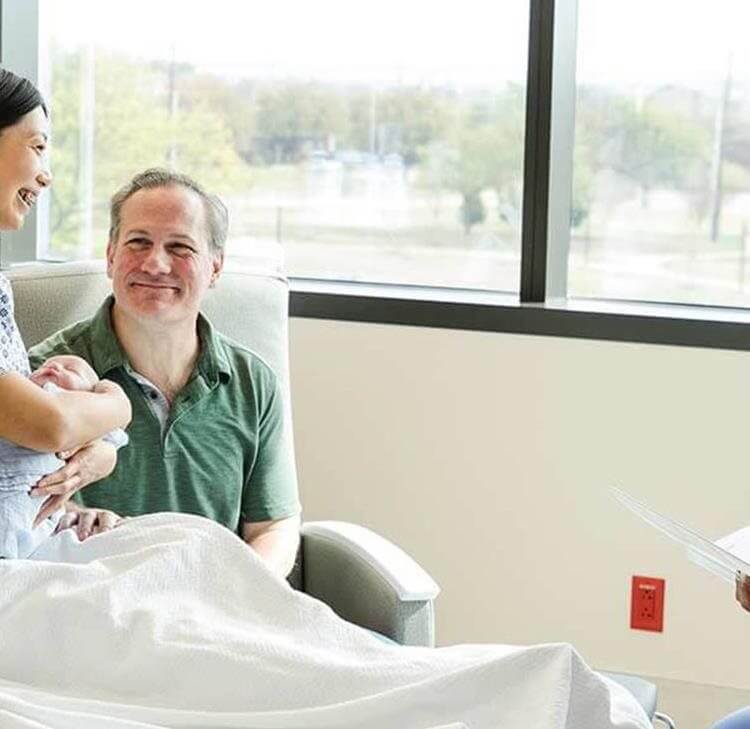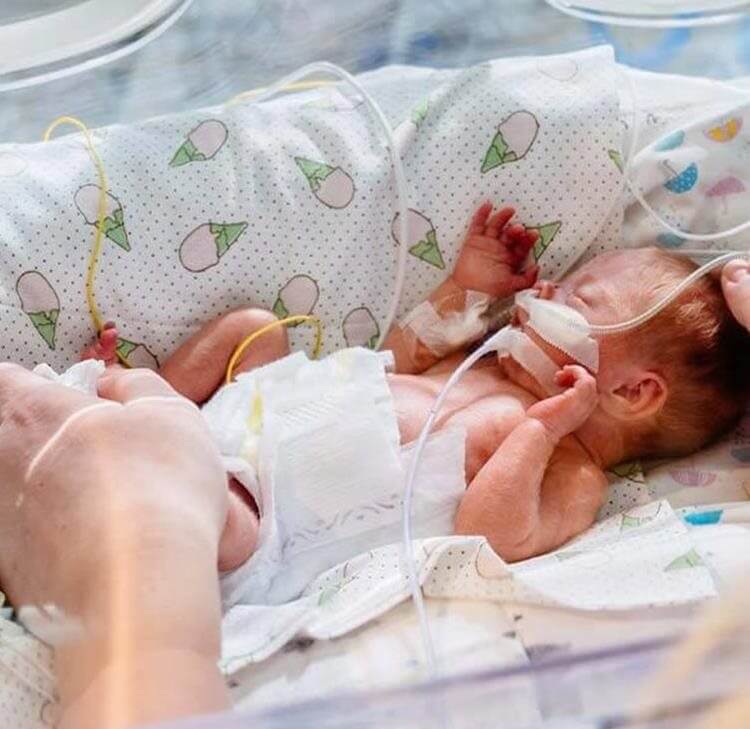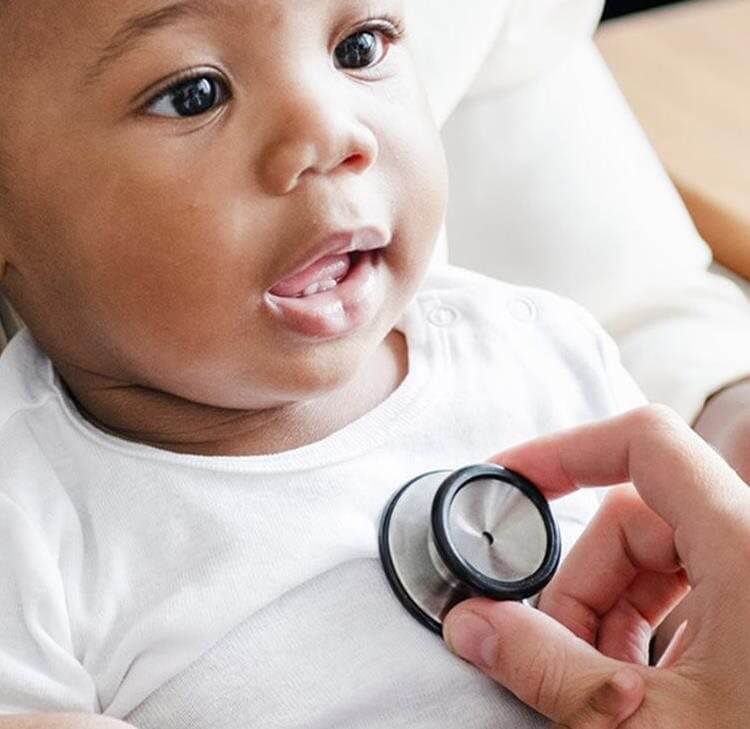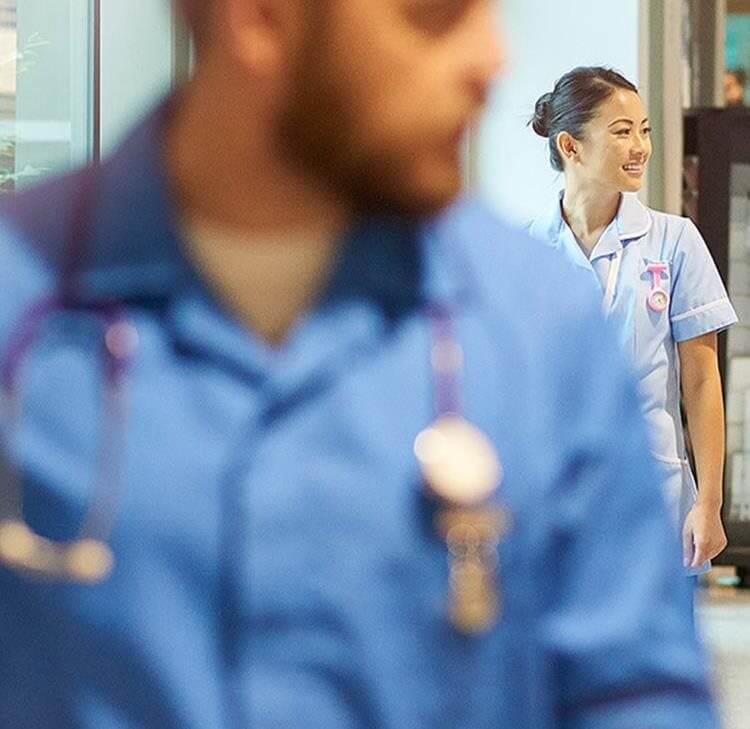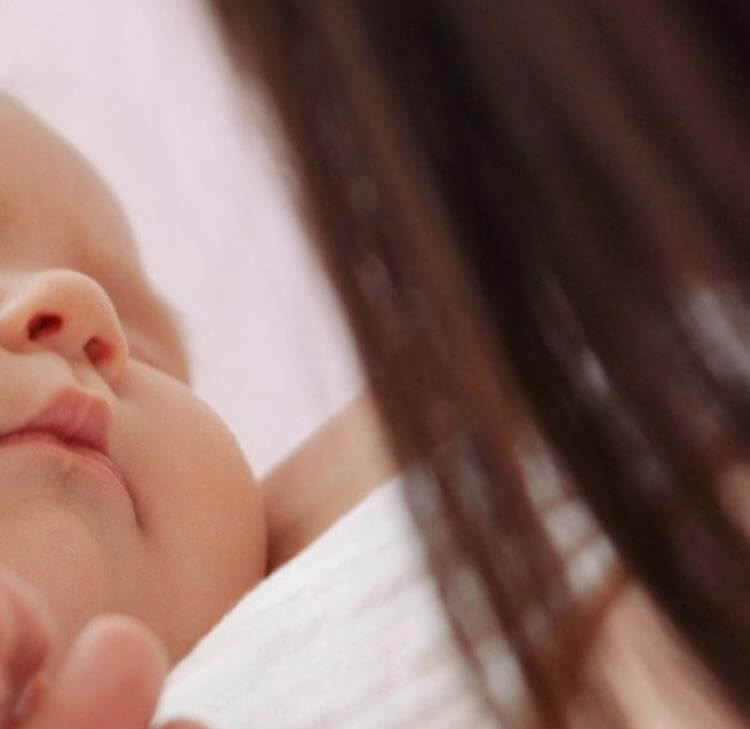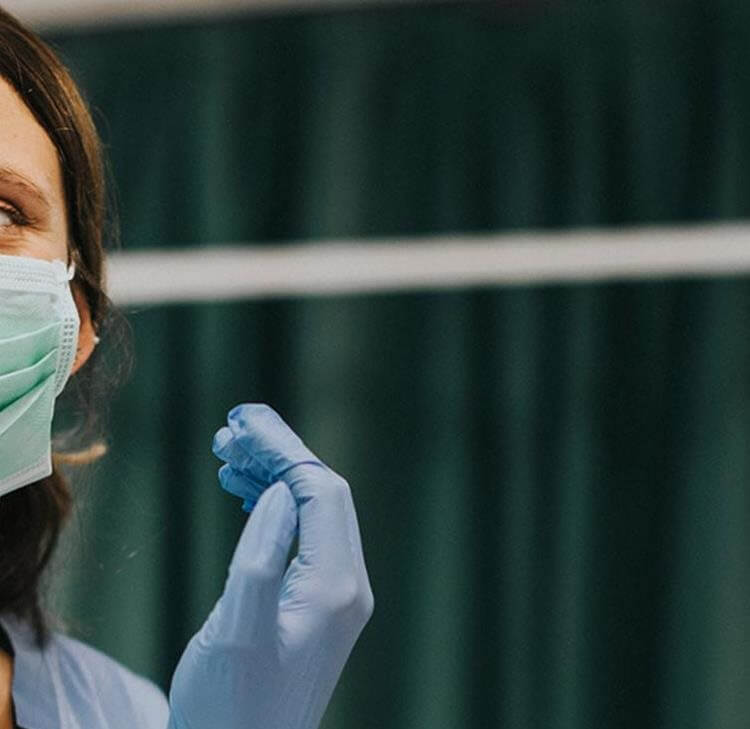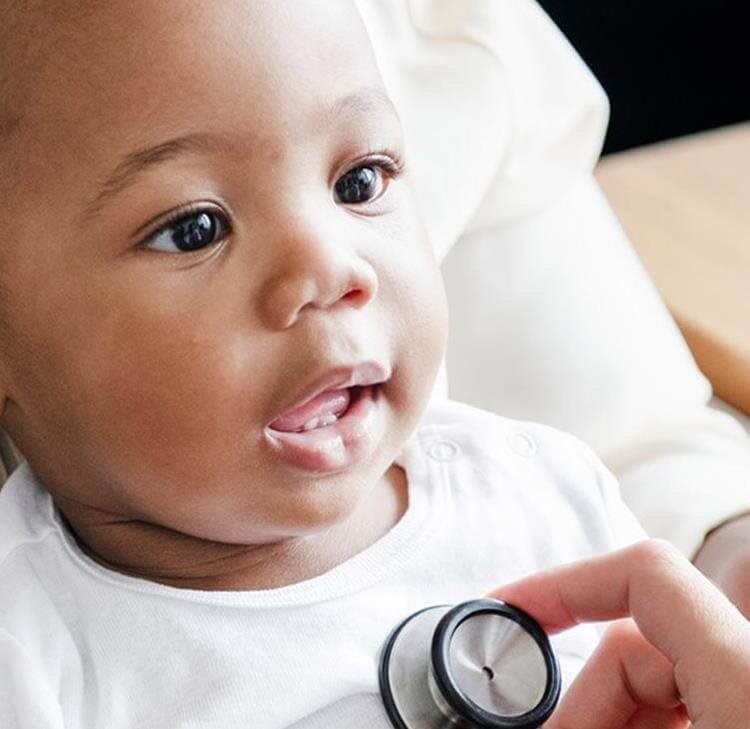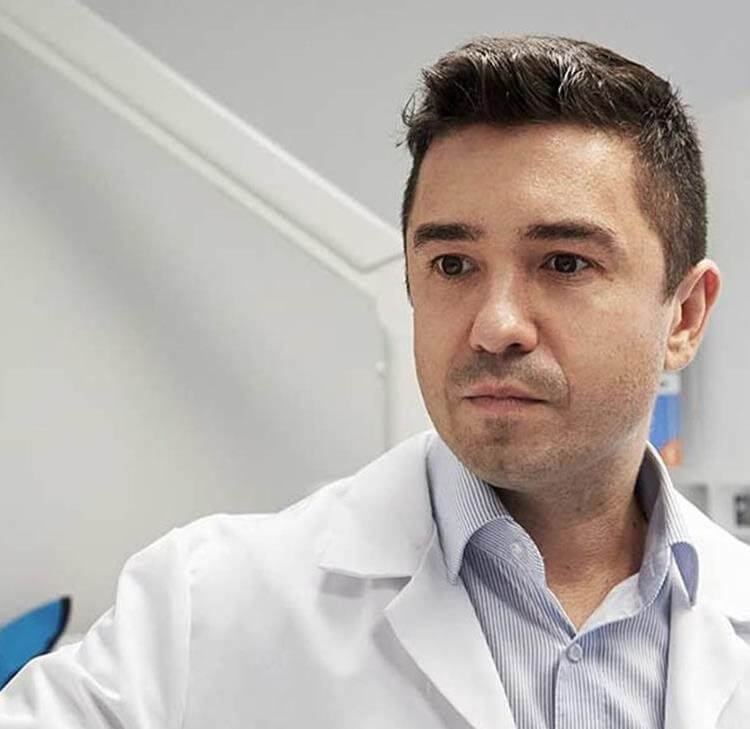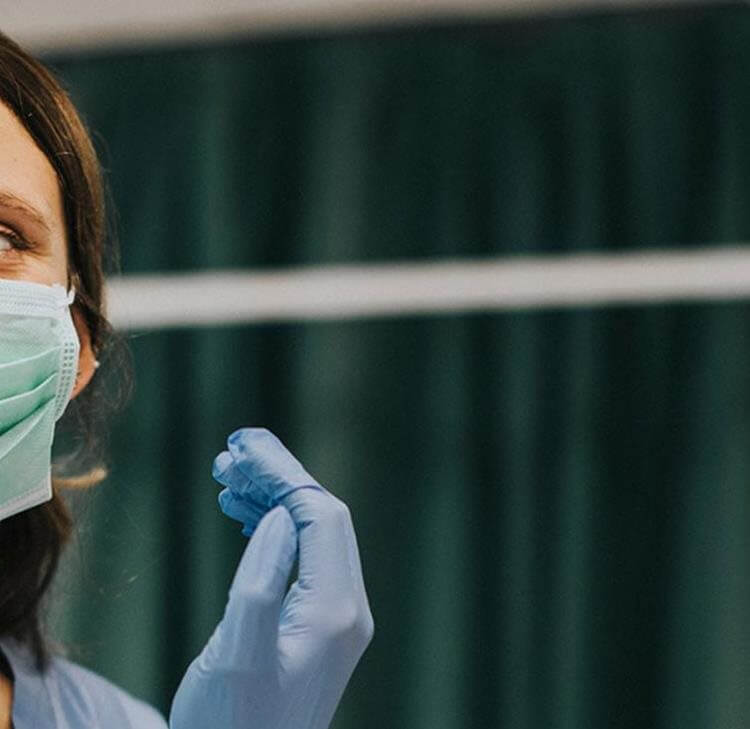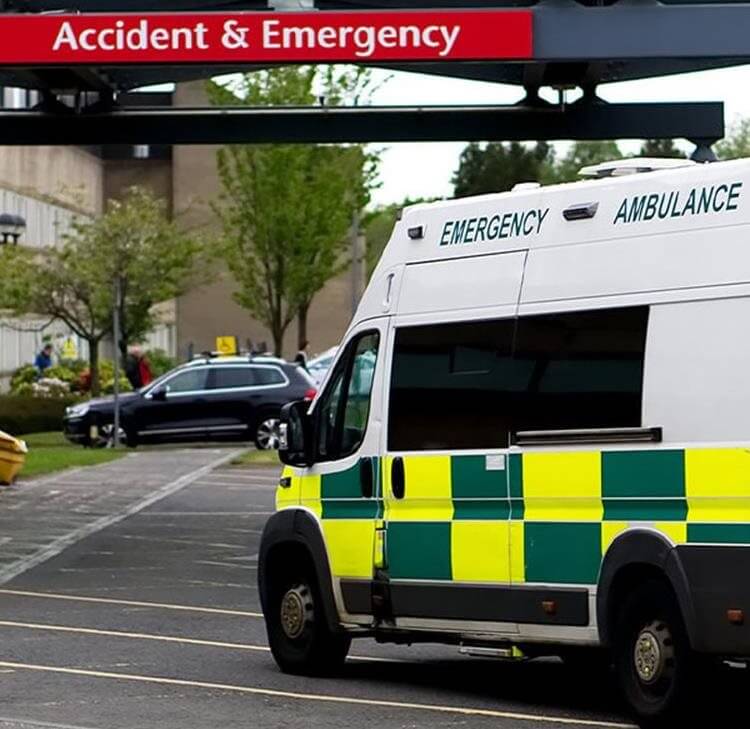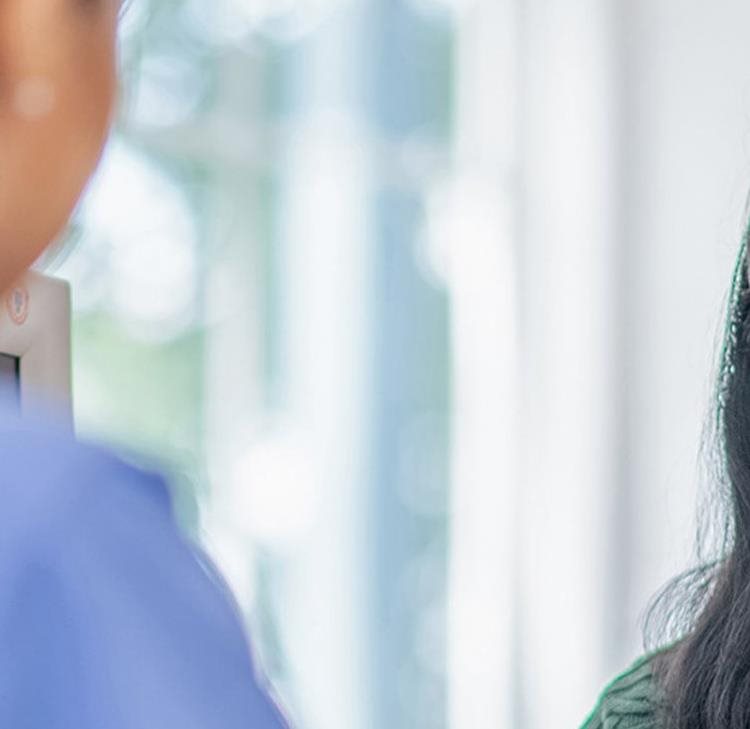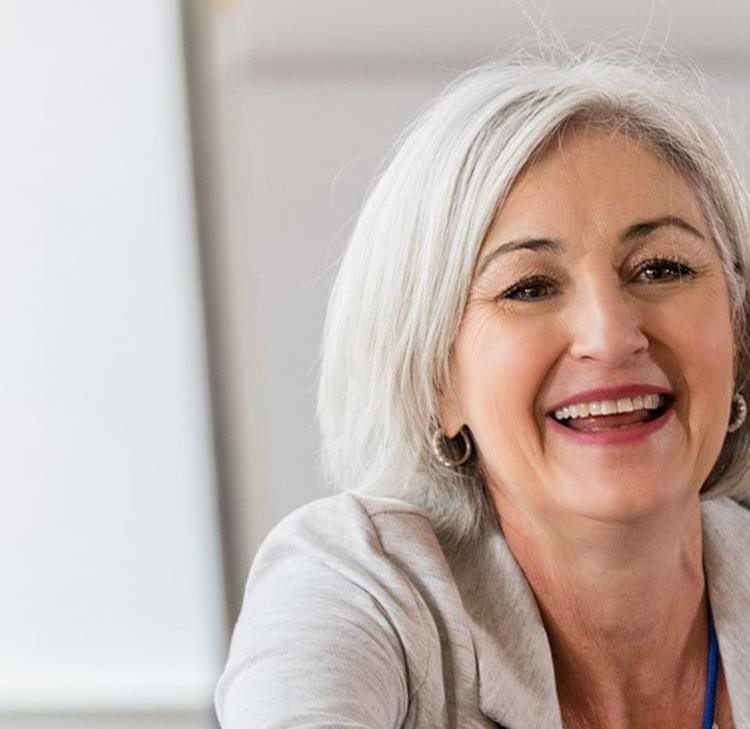Trigger warning: The following article discusses baby loss and may be sensitive for some readers.
Baby Lifeline’s National Maternity Safety Conference 2025, held on 25 September 2025, brought together leading voices in maternity care to discuss the most pressing challenges facing maternity care today. The theme was 'Shaping the Future of Maternity Care Together'.
As a lawyer leading a team specialising in maternity claims, so much of what was discussed hit close to home. It was a privilege to attend the event and be in the same room as so many passionate and inspiring people working so hard to innovate and implement initiatives to improve and promote safer maternity care, particularly as we enter Baby Loss Awareness Week (9-15 October).
A commitment to change
The keynote address from Rt Hon Sir Jeremy Hunt MP on 'Maternity Safety - A Personal Priority' set the tone for the day, emphasising the political and personal commitment needed to drive meaningful change. In my work I witness the devastating consequences that can happen when maternity care falls short and the impact this can have, on families and also clinicians.
During Baby Loss Awareness Week, we remember the families whose lives have been forever changed by tragedy, and hearing the progress which has been made and the commitment to preventing future losses was encouraging.
Recognising warning signs
Professor Mary Dixon-Woods' session on spotting when a maternity unit is getting into trouble was enlightening. The session focussed on moving from "comfort-seeking to problem-sensing", which really resonated with me. Often, the cases we work on within our national specialist maternity division show warning signs that were missed or ignored.
The DREaMED project presentation on improving how we recognise and escalate maternal deterioration showcased exactly the kind of proactive thinking that could prevent the kinds of tragedies we deal with in clinical negligence claims.
Understanding systemic issues
Jennifer O'Donnell's keynote on 'POTTIE Training for Improving Systems & Safety' gave me fresh perspective on how systemic issues contribute to adverse events. When I'm investigating a claim, understanding these wider system failures is crucial – it's rarely just about one person; one mistake or one standalone issue.
Bridging communication gaps
The session on 'Inclusion, Access & Communication' covered everything from the NIHR Maternity Disparities Challenge to digital inclusion and language gaps. These aren't abstract issues – communication failures remain a common theme in maternity claims. Tools like CardMedic for bridging language gaps could genuinely make a difference.
Staff wellbeing and patient safety
Dr Richard Duggins' keynote on 'Safer Staff, Safer Care: Reducing Burnout & Supporting Staff Wellbeing' highlighted the crucial link between workforce wellbeing and patient safety. So many of the incidents we investigate happen in contexts where staff are overstretched. You can't have safe care without looking after the people providing it.
Supporting families and staff
The afternoon session on 'Workforce, Culture & Outcomes' explored monitoring safety signals, restorative processes after harm, and promoting psychological safety and compassionate leadership. The presentation on restorative processes offers an alternative approach to supporting families and staff when something goes wrong, which might help families and staff heal. In the work we do, we always try to keep the patient at the heart of everything we do.
However, hearing new initiatives like this has encouraged me to reflect on finding new and individual ways to resolve claims and taking what we already do through schemes like NHS Resolution’s Early Notification Scheme further. This feels especially relevant during Baby Loss Awareness Week, when we think about how we can better support bereaved families.
A collaborative approach
The closing panel discussion on 'The Future of Maternity Safety' brought together diverse perspectives from Five X More, NHS England, the CQC, Baby Lifeline's Family Voices Group, the Royal College of Midwives, and the Maternity APPG. This demonstrated that real change needs a collaborative approach with everyone working together to achieve a common goal.
Walking away from the conference, I felt reminded that my job isn't just about resolving disputes fairly and ensuring families receive the right compensation. It's about understanding what went wrong and helping healthcare organisations improve patient safety and ensure lessons are learned.
Everyone in that room shared the common aim of working towards safer maternity care, so that fewer mothers and babies experience poor outcomes and fewer families have to endure the heartbreak of losing a baby.
Our specialist team
Browne Jacobson’s maternity services resources hub provides resources and information about our specialist team and includes our contact details.
If you feel we can help your organisation, please do get in touch.
Contact
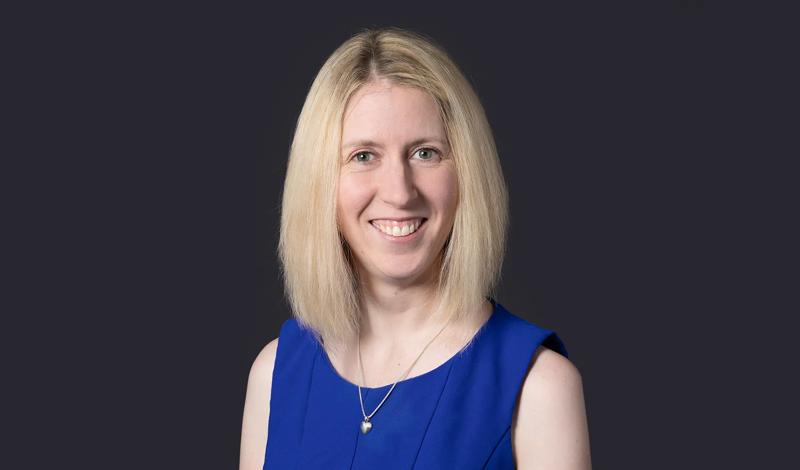
Anna Saccaggi
Principal Associate
anna.saccaggi@brownejacobson.com
+44 (0)115 976 6095


